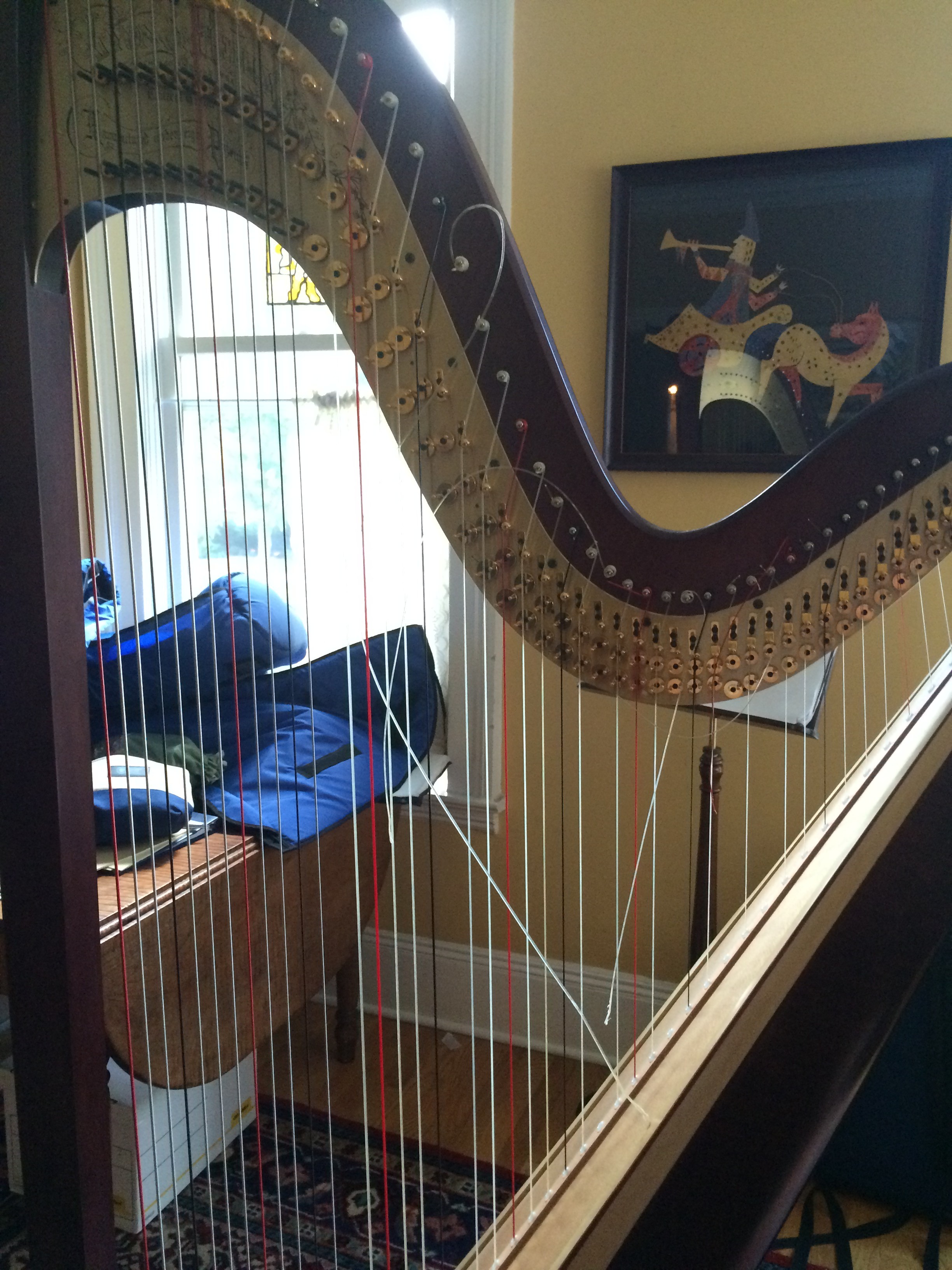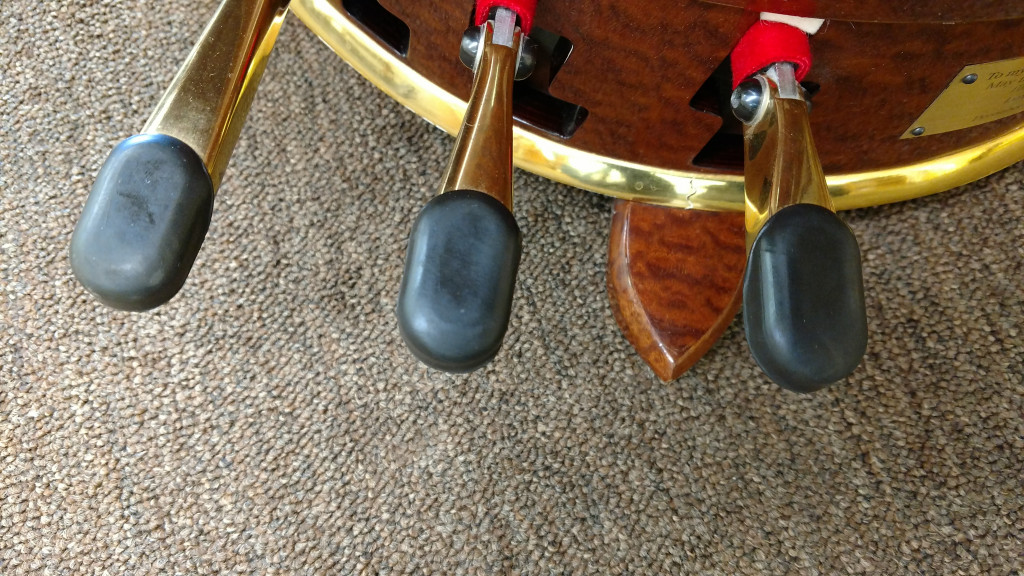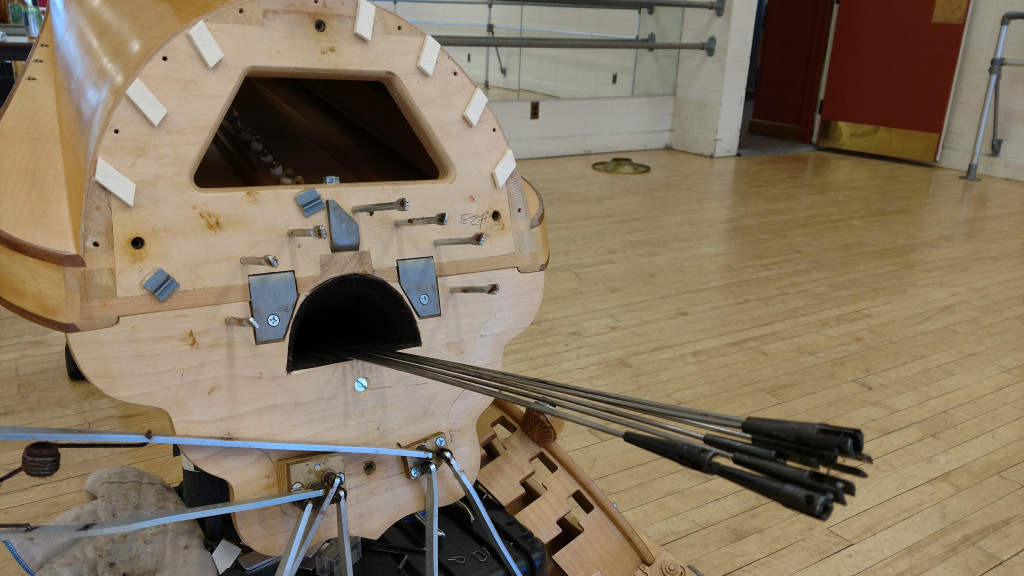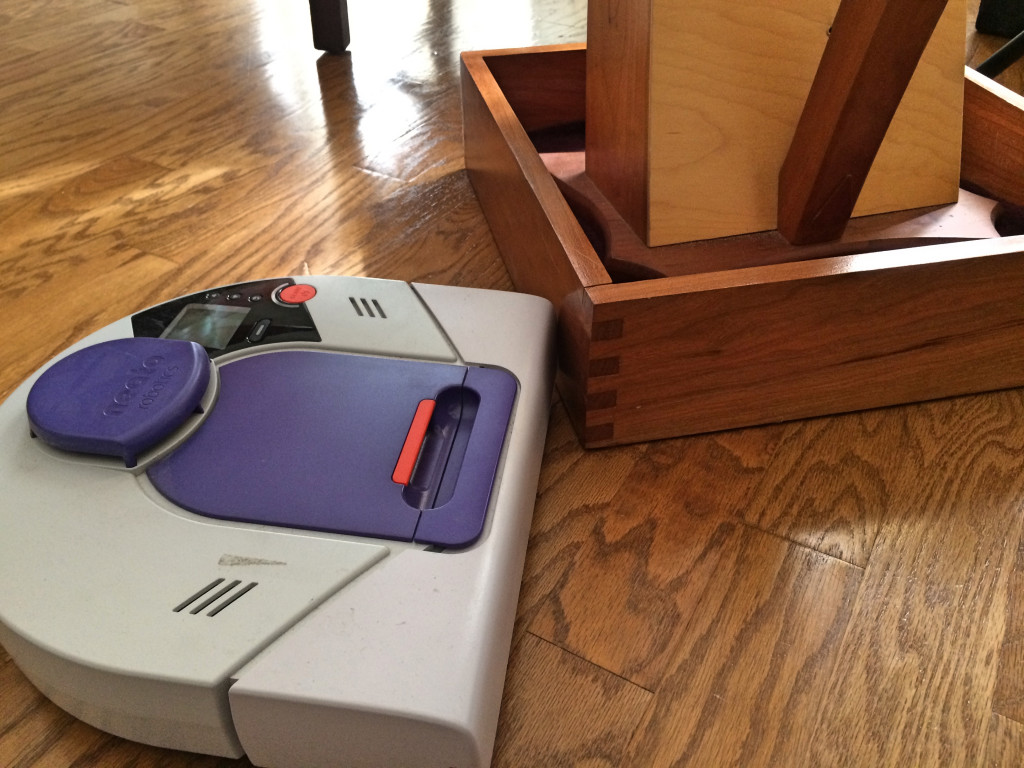Let me just start by saying: I’m not very good at giving myself time off. I like to go straight into the next phase without a break, and this summer was a prime example of this absolute insanity. I bounced all over the world going to different festivals (in Powell River, BC, Whistler, BC, and Nice, FR), working (in Rabun Gap, Georgia), and traveling (in Ghent, Belgium, Paris, FR, and Omaña, Spain), only to arrive home one day before my orientation at Chicago College of Performing Arts, and just four days before my seating audition for the year. Mind you, I had no access to a harp for the two weeks prior to coming back to Chicago. Of course the opportunities I had this summer were absolutely amazing, and I am extremely grateful that I could spend my summer playing around the globe. But those last few weeks without access to an instrument were stressful – as I thought about performing obligations I had shortly after I got back to an instrument.
In the days before I returned, and repeatedly when I arrived, I asked myself “WHY?!?” Why did I plan it this way, and not see that four days is not enough time to get settled, and prepared for an audition all while attending meetings about where the library is, or how to access practice rooms? Yet before I was in the moment, scrambling to get everything organized and practice, I saw no problem with the time crunch. Although it was stressful, I managed my schedule by preparing in advance and using mental practice when I was away from a harp. Through this experience, and advice from my past and present teachers, I’ve distilled some tips that have worked for me when returning to the harp after a brief hiatus.
- Be aware of your responsibilities, and feel prepared on the repertoire you have to play after your break.
- Have everything performance ready before you have a break from playing so that you can control for some of the inevitable loss (and forgetting) that happens when you don’t practice and maintain your work. This way when you get back, you’re just reminding yourself of the repertoire instead of learning notes and changing fingerings or pedalings.
- Take care of your fingers (and calluses):
- In general, be aware of your finger health and callus maintenance while you aren’t actively building them.
- For me, this means not soaking my fingers too much to maintain a callus (wearing gloves while doing dishes, if possible, and staying away from long luxurious baths).
- Do mental practice:
- Listen to the pieces you are working on or have to perform after the break, and read along with the score.
- Try to imagine playing and performing the piece, and go over your musical ideas, and those technical passages that you have drilled in your previous practice.
- Sing the piece in your head (or out loud) without the score to work on phrasing.
- Plan your time well for the few days (or whatever amount of time) you have before the performance when you return:
- If you can, minimize the amount of work you have to do when you return (by making progress on projects you can work on remotely).
- Make sure your music is well organized and marked so that all you have to do when you return is focus on getting back in the groove with your playing.
- Go slow:
- Be careful when you’re starting to practice again after time off – start with a shorter amount of practice time, and work your way up to your normal practice routine. For example, my first day back, I practiced about 30 minutes, then the next day, I practiced 45 minutes, the next day, 1 hour, etc.
- Always warm up, start with familiar etudes and exercises like Bochsa or Pozzoli, and spend more time on your usual warm ups (scales, arpeggios, etc.)
- Enjoy your time off, and hopefully realize how important playing is to you in the break without an instrument!
I definitely learned my lesson this summer, and will try to give myself more buffer time between periods without an instrument and performances or auditions, but by being mindful of what was ahead, and preparing in advance, it didn’t result in complete disaster!
If anyone has other tips or thoughts on this – please leave a note in the comment section, or let me know (elliekirk88@gmail.com) – I’d love to hear what works for you!













